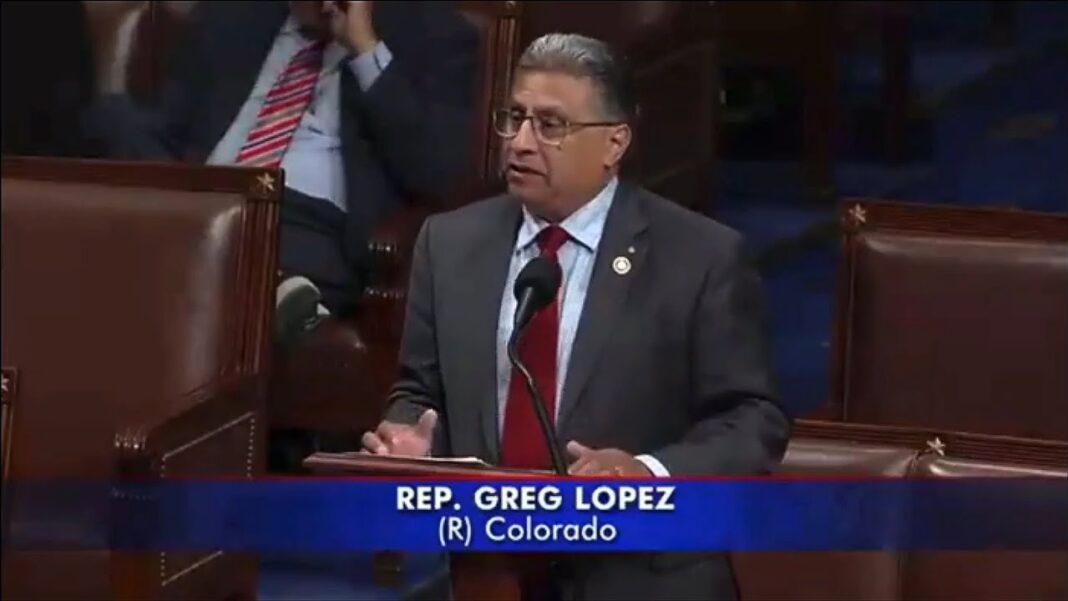
The restoration of Brazilians’ access on Sept. 18 was temporary, according to the social media platform.
Elon Musk’s X became accessible to many users in Brazil on Sept. 18 after an update to its communications network, which the company said inadvertently circumvented a block order by the country’s highest court.
Last month, Brazil Supreme Court Justice Alexandre de Moraes ordered all telecom providers in the country to block access to X, escalating a months-long dispute between X owner Elon Musk and the Latin American country over free speech and posts that the judge characterized as misinformation.
On Sept. 18, Brazilians managed to return to the platform after X changed network providers.
However, X’s Global Affairs team, in a Sept. 19 post, said that it expects the platform to become inaccessible again.
“When X was shut down in Brazil, our infrastructure to provide service to Latin America was no longer accessible to our team. To continue providing optimal service to our users, we changed network providers. This change resulted in an inadvertent and temporary service restoration to Brazilian users,” it wrote.
“While we expect the platform to be inaccessible again shortly, we continue efforts to work with the Brazilian government to return very soon for the people of Brazil.”
Brazil’s Supreme Court told X not to try to circumvent the ruling and said it was at risk of a daily fine of 5 million reais ($921,726.95), according to a Sept. 19 court filing.
3rd-Party Cloud Services
The Brazilian Association of Internet and Telecommunications Providers (Abrint) said that the X update had routed some Brazilian users through third-party cloud services outside the country, allowing them to access the platform even without a virtual private network (VPN).
Brazil, which has around 25 million users, blocks X through DNS (domain name system) and IP (internet protocol) blocking. DNS blocking prevents the website from being found, while IP blocking stops all traffic to the website’s server, making it, at least to date, inaccessible in the country.
There are also daily fines of $8,900 for anyone caught bypassing the ban using VPNs, which allow people to access the internet as if they were located in a different country.
By Owen Evans





